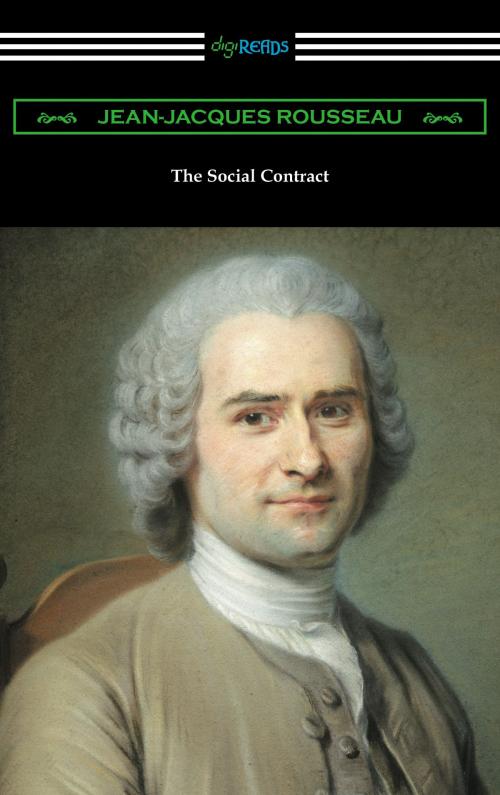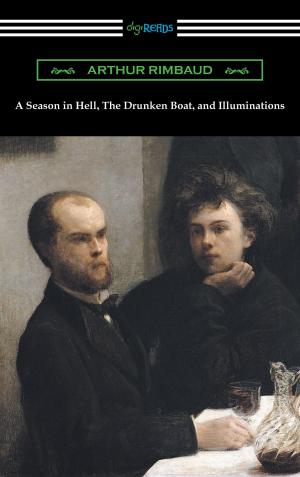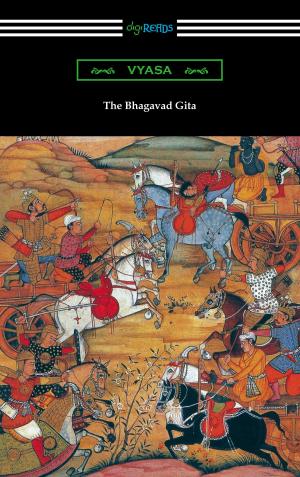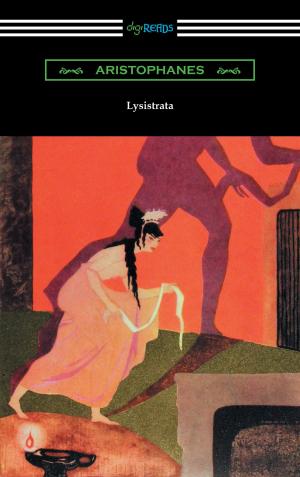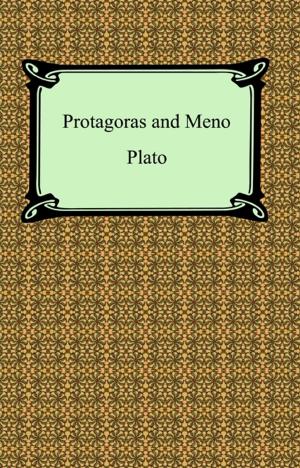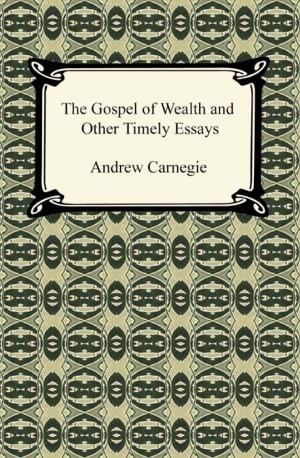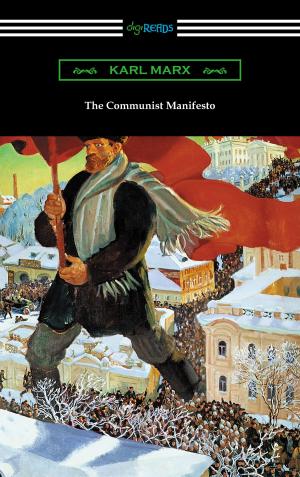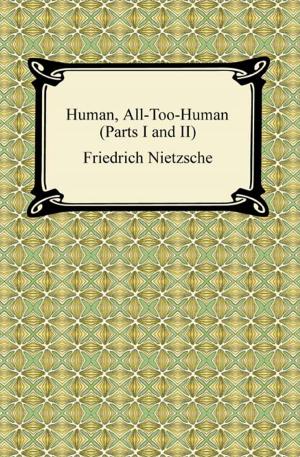The Social Contract (Translated by G. D. H. Cole with an Introduction by Edward L. Walter)
Nonfiction, Social & Cultural Studies, Political Science| Author: | Jean-Jacques Rousseau | ISBN: | 9781420957488 |
| Publisher: | Neeland Media LLC | Publication: | April 17, 2018 |
| Imprint: | Digireads.com Publishing | Language: | English |
| Author: | Jean-Jacques Rousseau |
| ISBN: | 9781420957488 |
| Publisher: | Neeland Media LLC |
| Publication: | April 17, 2018 |
| Imprint: | Digireads.com Publishing |
| Language: | English |
Originally published in 1762, “The Social Contract” is Jean-Jacques Rousseau’s treatise on how to best organize politics in the face of commercial society. Rousseau writes, “Man is born free; and everywhere he is in chains.” This statement exemplifies the main dilemma of government, that despite mankind having an inherent natural right to freedom, modern, especially autocratic, governments had gone too far in restricting it. The question which Rousseau is asking within this work is whether or not there can be a legitimate political authority, for as he observed, those of his time seemed to put mankind worse off than they were living by the state of nature which existed before civilization. Arguing against the concept of divine right, Rousseau asserts that true sovereignty exists only amongst the people as a whole. By a mutual agreement to a universal social contract mankind can be free equally as each and everyone agrees collectively to how their rights may be abridged and what societal duty may be placed upon them. The ideas of the “The Social Contract” form the basis for all modern democracies, making it one of the most influential political treatises ever written. This edition includes an introduction by Edward L. Walter and a biographical afterword.
Originally published in 1762, “The Social Contract” is Jean-Jacques Rousseau’s treatise on how to best organize politics in the face of commercial society. Rousseau writes, “Man is born free; and everywhere he is in chains.” This statement exemplifies the main dilemma of government, that despite mankind having an inherent natural right to freedom, modern, especially autocratic, governments had gone too far in restricting it. The question which Rousseau is asking within this work is whether or not there can be a legitimate political authority, for as he observed, those of his time seemed to put mankind worse off than they were living by the state of nature which existed before civilization. Arguing against the concept of divine right, Rousseau asserts that true sovereignty exists only amongst the people as a whole. By a mutual agreement to a universal social contract mankind can be free equally as each and everyone agrees collectively to how their rights may be abridged and what societal duty may be placed upon them. The ideas of the “The Social Contract” form the basis for all modern democracies, making it one of the most influential political treatises ever written. This edition includes an introduction by Edward L. Walter and a biographical afterword.
